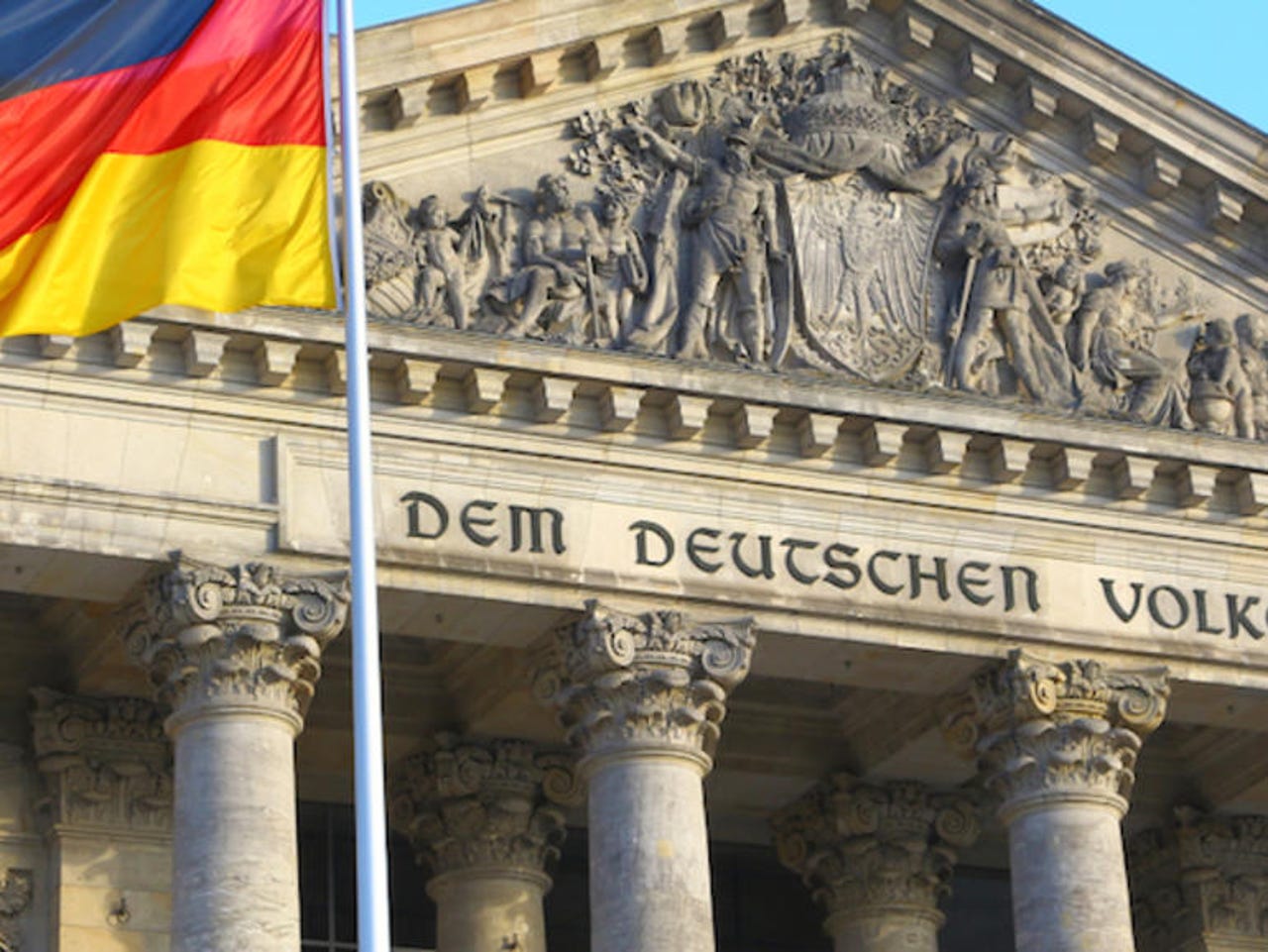US tells Germany to ban Huawei on 5G or it will share less intelligence: Report


The Trump administration has reportedly told Germany that it will share less intelligence with German agencies if Chinese networking giant Huawei is allowed to provide any of the technology behind the nation's 5G mobile networks.
According to The Wall Street Journal, United States Ambassador to Germany Richard Grenell told the German government in a letter on Friday that allowing Chinese vendor equipment across 5G networks would reduce US cooperation with intelligence agencies in Germany.
Grenell pointed out that Chinese law requires Chinese companies to support China's security agencies, WSJ said.
In early February, Reuters said German ministers had been meeting to discuss the possibility of a Huawei 5G ban after Chancellor Angela Merkel set conditions for the company's participation in new mobile networks.
The conditions reportedly require guarantees from the company that it would not hand over information to the Chinese government.
The meeting followed reports at the end of last year that the Five Eyes alliance -- between the US, the UK, Australia, Canada, and New Zealand -- was passing classified information on Chinese foreign interference to Germany, as well as Japan.
Read also: Germany proposes router security guidelines
Last week, Germany's Federal Network Agency, the Bundesnetzagentur (BNetzA) published a set of security requirements for all mobile networks, which are set to appear in draft form during the Northern Hemisphere's spring.
"Systems may only be sourced from trustworthy suppliers whose compliance with national security regulations and provisions for the secrecy of telecommunications and for data protection is assured," the first requirement from BNetzA states.
"Network traffic must be regularly and constantly monitored for any abnormality and, if there is any cause for concern, appropriate protection measures must be taken."
Under the draft laws, equipment can only be used if it is regularly tested and certified by the Federal Office for Information Security.
"Proof must be provided that the hardware tested for the selected, security-related components and the source code at the end of the supply chain are actually deployed in the products used," BNetzA said.
According to BNetzA president Jochen Homann, the agency regularly updates its security requirements "in light of the current security situation and technological developments".
In order to avoid European 5G bans similar to the one handed down by the Australian government last year, Huawei has offered to construct a cybersecurity hub in Poland "if authorities accept this as a trusted solution", Reuters reported Huawei Poland head Tonny Bao saying last month.
Huawei is also willing to accept European government supervision, Reuters said.
Accordingly, Huawei last week opened the "Cyber Security Transparency Centre" in Brussels, which aims to showcase its cybersecurity practices; facilitate cooperation on security standards and verification; and "provide a product security testing and verification platform and related services to Huawei customers".
"Trust needs to be based on facts, facts must be verifiable, and verification must be based on common standards," Huawei deputy chair Ken Hu said.
"We welcome all regulators, standards organisations, and customers to fully use this platform to collaborate more closely on security standards, verification mechanisms, and security technology innovation.
"Together, we can improve security across the entire value chain and help build trust through verification."
Meanwhile, Huawei has filed to sue the US government, seeking a declaratory judgment that the National Defense Authorization Act, which prevents US government entities from using Huawei or ZTE equipment, is unconstitutional.
Huawei rotating chair Guo Ping said Huawei is also seeking a permanent injunction against the restrictions.
"The US government has long branded Huawei a threat. It has hacked our servers and stolen our emails and source code," Guo Ping said. "Despite this, the US government has never provided any evidence supporting their accusations that Huawei poses a cybersecurity threat.
"Still, the US government is sparing no effort to smear the company and mislead the public about Huawei. Even worse, the US government is trying to block us from the 5G markets in other countries."
In December, the Czech Republic's National Cyber and Information Security Agency (NCISA) issued a warning against equipment from Huawei and ZTE, after NCISA director Dusan Navrátil said that China "actively pursues its interests in the territory of the Czech Republic, including influence and espionage intelligence activities".
Huawei is currently facing a 10-count indictment alleging the company conspired to steal intellectual property from T-Mobile and subsequently obstructed justice, in addition to separate 13-count indictment against the company and its CFO Meng Wanzhou.
Related Coverage
- Huawei to sue US government to overturn its ban as unconstitutional
- China charges two detained Canadians for spying and stealing state secrets
- Huawei CFO sues Canadian government, police, border force
- Huawei pleads not guilty to stealing trade secrets from T-Mobile
- MWC 2019: Huawei builds 5G network across Korea with LG Uplus
- Huawei's smartphone OS aims to challenge iOS/Android dominance: Can it succeed? (TechRepublic)
- Huawei Mate X: A cheat sheet (TechRepublic)
- Policy pack: Guidelines for remote workers